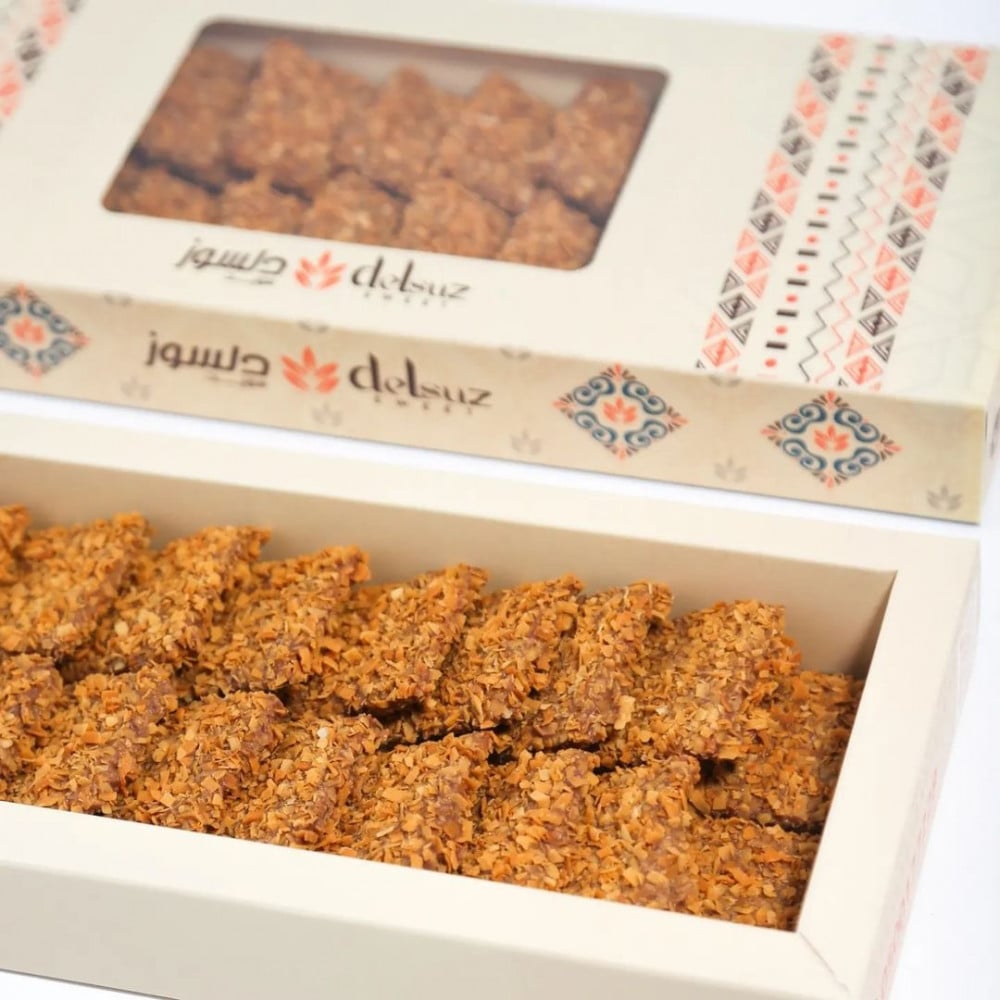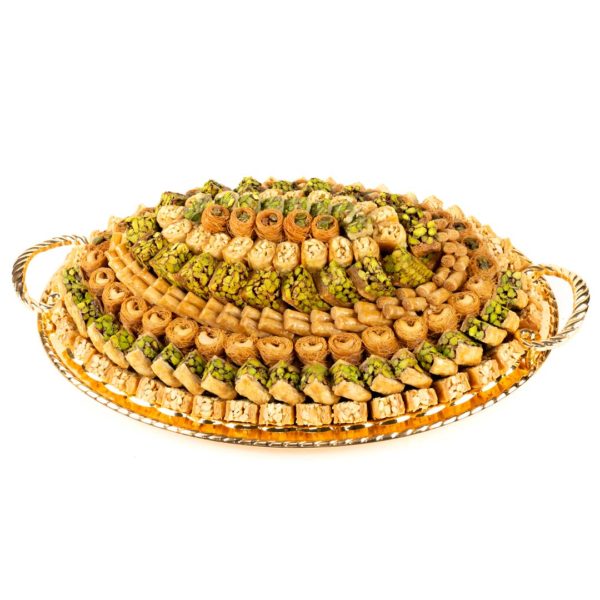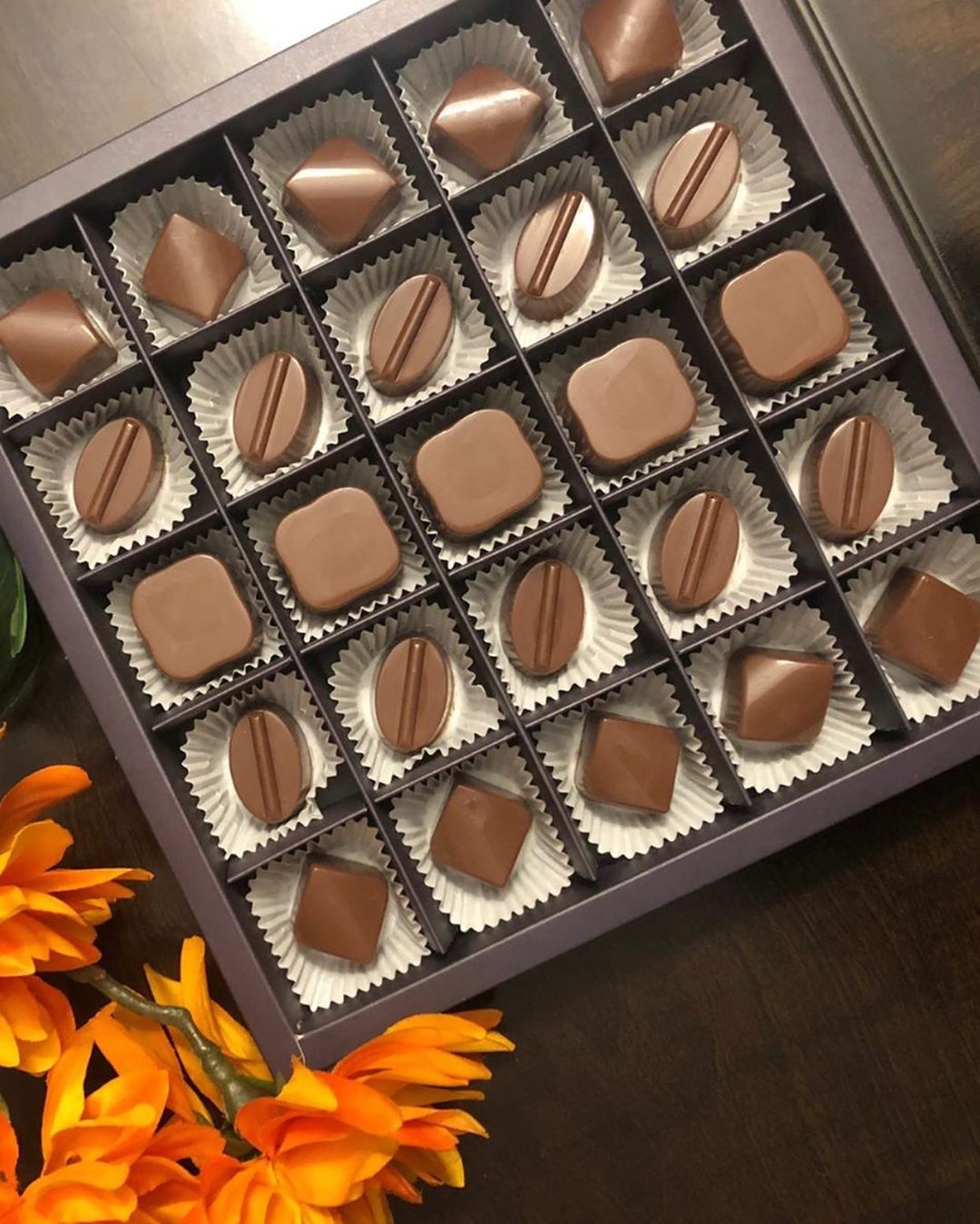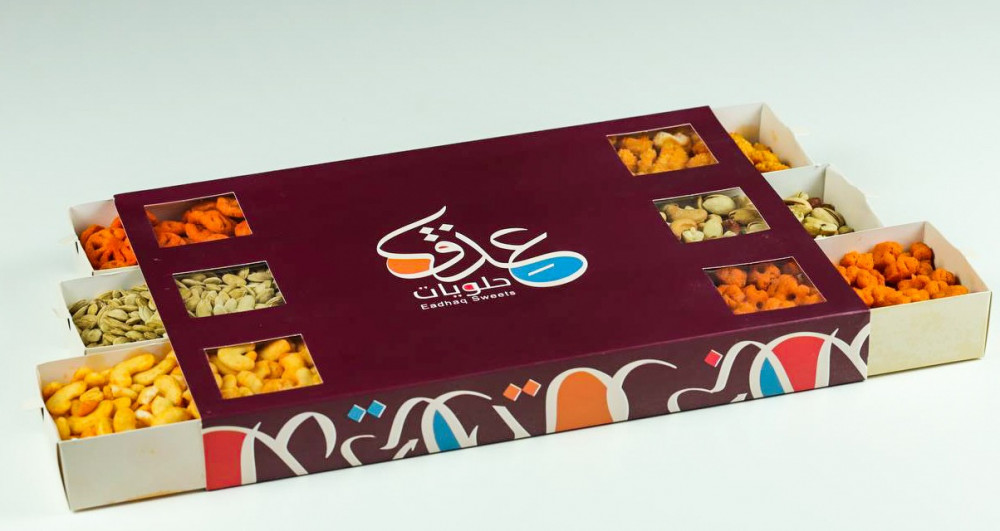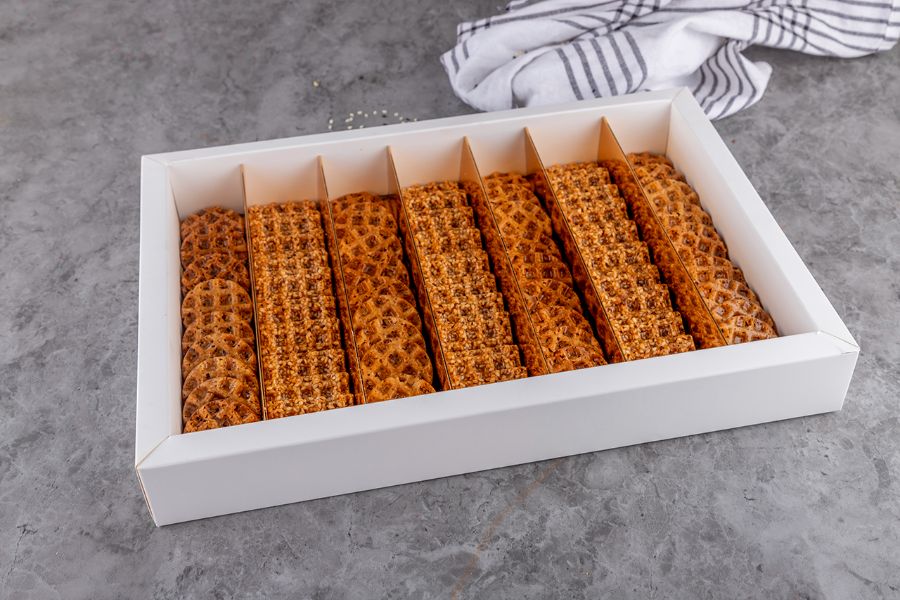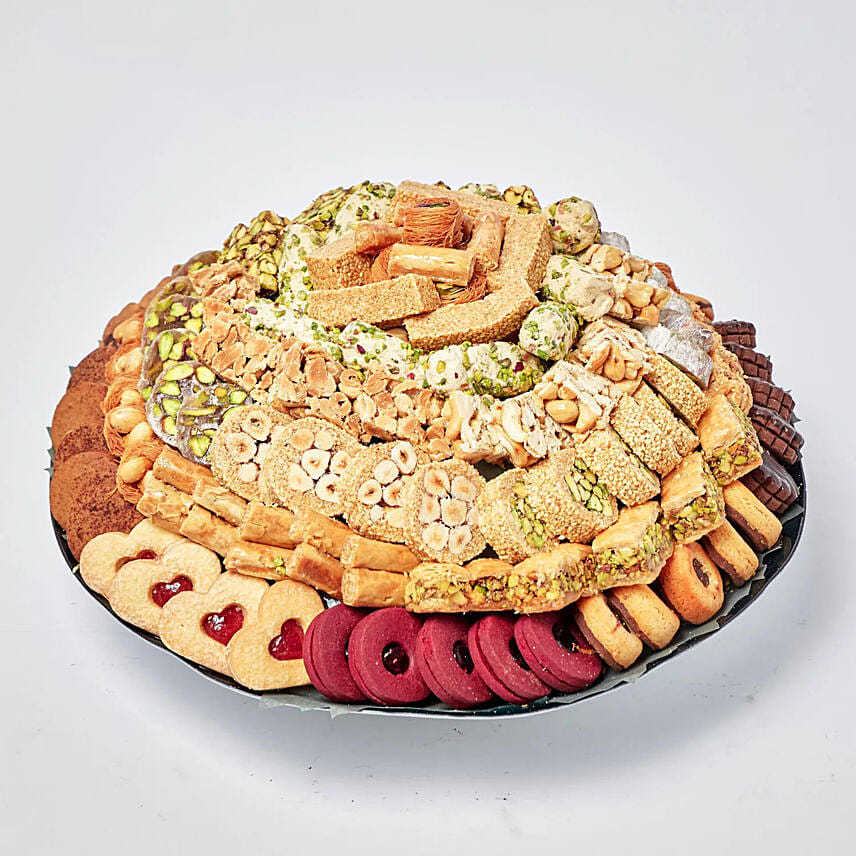
سلمى لصناعة الحلويات إحدى مشاريع #إشراق تقوم بصناعة أجود انواع الحلويات بجميع انواعها وأشكالها... تابعوا أعمال Salma Sweet #تطوير #تمكين #… | Food, Breakfast, Sweet

فيديوهات أنشأها سويت حلويات المغرف (@user96281917379333) باستخدام الصوت الأصلي - سويت حلويات المغرف | TikTok

بسكويت #السعادة - البكس فيه 33 حبة وسعره 60 درهم #وايد_حلو_للحلويات #حلويات #سويتات #سويت #الامارات #ابوظبي #دبي #الشارقة #عجمان… | Instagram







